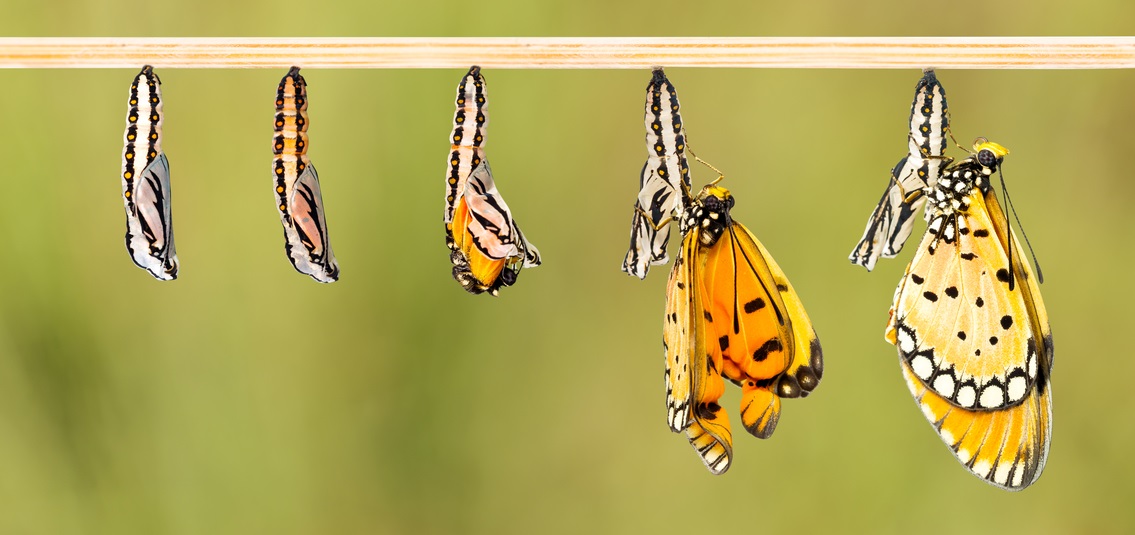Guided ghost tours through historic city centres are hugely popular at this time of year, and hugely important for the companies that organise them. However, coronavirus rules on gatherings are having an impact this year.
Edinburgh-based Mercat Tours was founded in 1985 when there were no regularly scheduled walking tours of the city. It hosts ghost and history tours around the Scottish capital.
Managing director Kat Brogan says: “We halted all operations a week before lockdown came into effect in March. Our team was furloughed, and we reopened on 27 August, initially with outdoor tours only, and then we reopened the Blair Street Underground Vaults. Halloween is normally a busy time for Mercat, but we had to rip up the rule book for 2020 back in the spring when we were scenario planning.”
Tours are currently running at about 15% of Mercat’s normal capacity for this time of year, with tours only allowing a maximum of six people in a group, down from the usual 30, to allow for social distancing.
Brogan explains: “We’ve researched new outdoor routes and have adopted a portable wireless Tourtalk system for live audio to deliver a high-quality storytelling experience that will ensure guides and guests can be heard without shouting.”
The company recently launched its Halloween tours and took a significant number of bookings, but the government’s advice to the public to avoid using public transport has led to some cancellations.
Brogan says Mercat has had to rethink its tours to such an extent that it is impossible to compare year on year annual revenues. “We know we need to be agile, and we need to look forward,” she says. “Our main aim is to keep the team and our visitors safe.”
Bonfire Night and Diwali
These two events – Bonfire night on 5 November and Diwali on 14 November – mark the start of the main firework season. For Doncaster-based Fireworks Kingdom, this period is crucial to the business, accounting for 95% of turnover.
“Without this period, we wouldn’t survive,” says general manager Richard Hogg. “Diwali, Bonfire Night, and New Year’s Eve are among the biggest celebrations in the UK, and a reduction in the size of these events will have a massive impact on seasonal retailers and hospitality.”
Coronavirus has already delivered a significant blow to the business, initially when it had to close for three months and issue customer refunds during lockdown, and more recently due to restrictions such as the ‘rule of six’, which resulted in customers shopping for much smaller audiences and reducing the average basket value of goods.
“Fireworks are normally enjoyed together with families and friends, so this hasn’t helped our revenue,” says Hogg. “We’ve also lost a lot of our large regular clients, including pubs and clubs that would normally purchase fireworks and host displays to raise funds for their respective clubs – for example, Scout groups and football clubs. It’s still unclear just how much this will affect our overall turnover this year as shoppers’ spending habits will continue to change, depending on advice and consumer confidence.”
Over the past few months, Fireworks Kingdom has scaled back numerous aspects of its operations to ensure it can continue to trade. This included reducing advertising budgets and SEO work. However, it has managed to offset some of the impact of coronavirus by adapting certain processes, such as the launch of a click-and-collect service so customers can avoid having to queue in the shop. “We’re confident that this will help the season to progress,” says Hogg.
Christmas and New Year’s Eve
As the Christmas season approaches, local business leaders around the UK are encouraging consumers to buy their decorations, food or gifts from local and independent retailers. After a tough year, people may be planning to spend less, although many may also decide to have several smaller celebrations rather than one extravagant blowout on Christmas Day.
Meanwhile, with everyone spending more time indoors, Retail Week suggests there will be higher demand for certain products, with kitchenware, homeware, arts and crafts and fun, festive decor predicted to be on consumers’ shopping lists.
Ella D’Amato, CEO of Notonthehighstreet, says: “People will be careful with their pennies, though, so each purchase will be more considered than maybe it was in previous years. We anticipate increased support for the local and small businesses who served consumers so well during lockdown, and a rise in community spirit as restrictions have meant more time and focus being spent on the local neighbourhood.”

